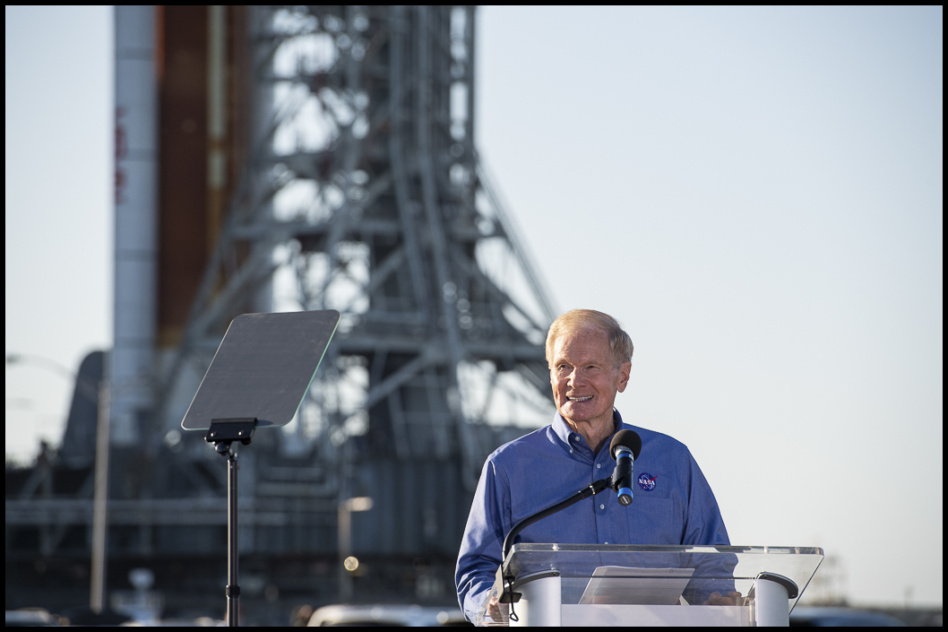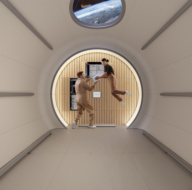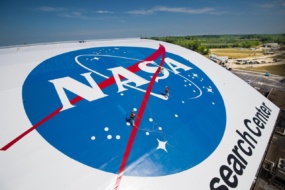Yesterday, NASA Administrator Bill Nelson delivered testimony, no holds barred, to the Senate Appropriations Committee. Nelson was on the hill to discuss the US space agency’s budget request for FY2023.
ICYMI: NASA has requested $26B from Congress for the upcoming year, a $2B increase over FY22 enacted levels. The new budget includes the highest planetary science budget in NASA’s history and a $700M increase over 2022 levels for deep space exploration systems (aka Artemis).
The hearing: Sitting before his former colleagues of the Senate, Nelson’s job was to defend the agency’s funding needs for the upcoming year. He went in depth on contracting and public-private partnerships, a priority for the agency.
Top of the list of priorities: moving on to fixed-price contracts from cost-plus. “I believe that that is the plan that can bring us all the value of competition,” Nelson said about using fixed-price contracts for a competing Human Landing System.
“You get it done with that competitive spirit. You get it done cheaper, and that allows us to move away from what has been a plague on us in the past, which is a cost-plus contract, and move to an existing contractual price.”
About that “plague”: NASA has traditionally procured technology from industry using cost-plus contracts, which allow contractors to charge the agency extra for extensions and changes to their plans.
While these contracts have delivered many of NASA’s most important programs—the Space Shuttle, for example, or JWST—they also often result in years of delays and billions of dollars in overspending. Now that there’s a competitive commercial space industry, NASA wants to harness that spirit of competition while lowering costs on its own end.
NASA has quietly been transitioning to awarding more fixed-price contracts in recent years anyway, but this is the first time Nelson, who was a big proponent of using cost-plus contracts for SLS back in 2011, has openly criticized the old way of doing things.





